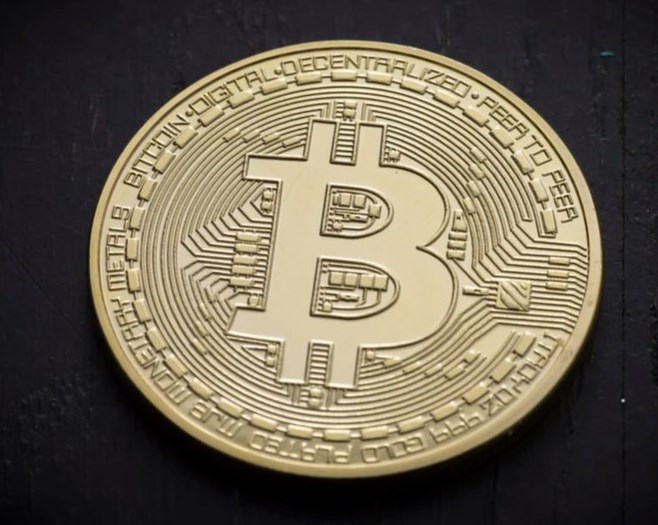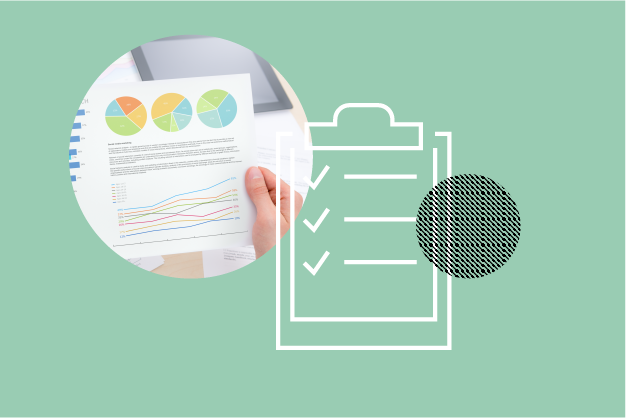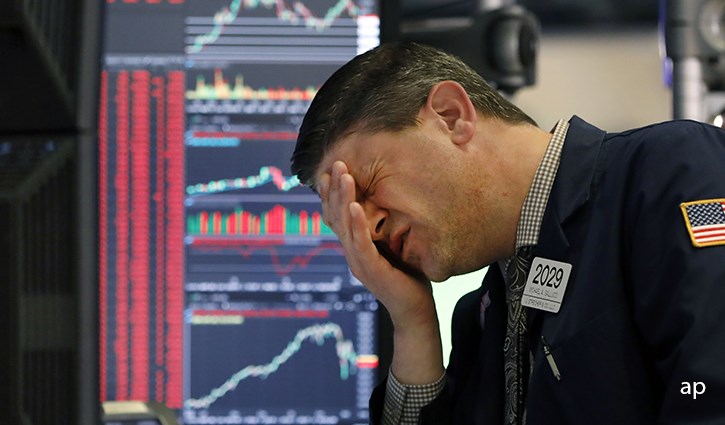
Bitcoin has reached a new record high after Tesla (TSLA) revealed it had bought $1.5 billion of the cryptocurrency. But while investor interest is surging again, regulatory warnings are getting louder.
Countries around the world are scrambling to develop a policy response to Bitcoin mania. Nigeria has banned crypto trading outright, while in the UK the Financial Conduct Authority’s ban on cryptocurrency derivatives came into force last month.
If you are still planning to take the plunge, what do you need to know first?
All Your Money is at Risk
The most obvious point to make is that cryptocurrencies are unregulated. If you lose all or even some your money, you have no comeback. There’s no safety net like the Financial Services Compensation Scheme (FSCS), and you can’t appeal to the Financial Ombudsman or the FCA. The UK regulator’s position is very clear: investors risk total loss: “Investing in cryptoassets, or investments and lending linked to them, generally involves taking very high risks with investors’ money. If consumers invest in these types of product, they should be prepared to lose all their money.”
While you can buy cryptocurrencies legally through a growing number of providers, you can’t put Bitcoin in an Isa or Sipp. Regulators are also concerned that the crypto boom is encouraging scammers to proliferate. A recent survey by AJ Bell asked the question: “How much of your crypto portfolio would you be willing to lose?” Some 30% of those surveyed said they wouldn’t want to lose any money at all, the biggest response of the sample; 16% would be prepared to lose 25%, one in 10 people could handle a 50% loss and around a fifth are ready to lose the lot.
Bitcoin Can Crash Too
Morningstar analyst Amy Arnott recently wrote an in-depth piece on cryptocurrency, looking at returns over 10 years, risk/returns, correlation with other asset classes and how much (if any) you should put in your portfolio. Over 10 years, she found investing in Bitcoin becomes more lucrative (but also with a greater risk of loss) the bigger a part of a portfolio it becomes (she tested the outcome on weightings from 1% to 10%).
She also found that in March 2020’s equity market sell-off, Bitcoin didn’t provide protection against the crash. “When there is a bout of risk aversion it tends to go down,” adds Mark Preskett, portfolio manager at Morningstar Investment Management.
March aside, Bitcoin generally shows low correlation with other asset classes, which means it moves in different directions to bonds and equities. “It seems to march to a different drum,” says Preskett, which makes crypto attractive in terms of portfolio construction. Still, its volatility is so extreme that including any Bitcoin in your asset allocation is dangerous. “Even 0.5% is still pushing it in a cautious investors’ portfolio”, Preskett adds.
You Don’t Need to Buy Bitcoin Directly
If you are still keen to buy crypto, it's worth bearing in mind you don't have to buy the currency directly. While the exchange traded fund (ETF) options are more limited than in, say the US, it’s still possible to get indirect exposure: Invesco Elwood Global Blockchain (BCHN) is one of a handful of ETFs that UK investors can buy. It holds companies involved in projects connected to blockchain, the technology that underpins cryptocurrencies such as its top holding Microstrategy (MSTR) a security software company that owns Bitcoin as part of its assets. UK investment manager Ruffer created a stir when it announced it was adding some small Bitcoin exposure to its multi-strategy funds. “Mainstream adoption by financial institutions could be around the corner, with Bitcoin becoming an alternative to gold and government bonds,” it said.
There are also listed companies in the UK and US involved in Bitcoin mining, a lucrative but labour-intensive process that creates new crypto assets. Long-established online payment company Paypal (PYPL) has just started offering the option of making and receiving payments via cryptocurrency, one of the first mainstream companies to do so. Still, it’s been caught up in the boom for US tech and particularly online payment stocks, and its shares are rated as 1 star by Morningstar analysts, which means they are overvalued. Square (SQ) is another sought-after payments company with exposure to Bitcoin, but again it is rated as 1 star stock after a near-250% gain in 2020. US cryptocurrency exchange Coinbase has also filed to go public this year.
How to Buy Bitcoin
There are plenty of crypto providers vying for your cash, with a dizzying array of options from the most expensive Bitcoin (currently £33,600 for one coin) to more modestly priced “alt coins”. You don't need to buy a whole unit so you can buy £100 of Bitcoin. It’s worth doing some research on exchange costs as they can vary significantly – there are different charges for buying via debit or credit cards, bank transfers etc. You also get charged a fee by the exchange, typically up to 3%, for buying and selling crypto.
It’s worth checking whether your bank accepts payments in and out of accounts from crypto exchanges; some big high street names have very strict anti-money laundering regulations and your payments (even if above board) may be rejected at first. Does it affect your credit score? One of the world’s largest credit ratings agencies, Experian, says crypto assets are treated as savings and investments so don’t affect your credit rating. However, a sudden splurge on your credit card could flag up potential problems to a future lender.
Buying crypto is a multi-stage process as you also need to get hold of a secure digital wallet to store your coins, which could be held with your crypto provider or an external company. The digital nature of these assets is an appeal to some, but this has pitfalls too. Given the high value of crypto assets, digital wallets are still vulnerable to hackers. You also need to consider currency fluctuations as the major coins are priced in dollars – you may even pay a foreign currency fee if you are using a UK debit or credit card.
Is Bitcoin a Bubble?
As the GameStop saga has flagged up, there are many new investors in the market who are buying because everyone else is, and they are all expecting to make a quick and easy return as prices are going up. (For more on the difference between gambling and investing, read this). As with all investments, it’s important to understand what you are buying – for example, coins other than Bitcoin and Ethereum may be cheaper but cannot be used as a medium of exchange.
Again, it’s worth asking yourself your motivation for starting your crypto journey now – are you just desperate to make some quick money and enjoying the thrill of the daily swings in prices? Preskett says: “There’s an instant gratification that you get with crypto that you don’t get with markets because it moves so much quicker… the highs are higher and the lows are lower.”
Bitcoin hit a (then) record high in 2017 only to crash spectacularly, wiping out the savings of many investors who bought at the peak. The long history of financial bubbles shows that early adopters make the most money, and the last people to buy (usually those who can least afford it) get burned at the end as the bubble bursts. Still, with many Wall Street giants such as JPMorgan and Goldman Sachs changing their minds on crypto, the story may play out differently this time.



























